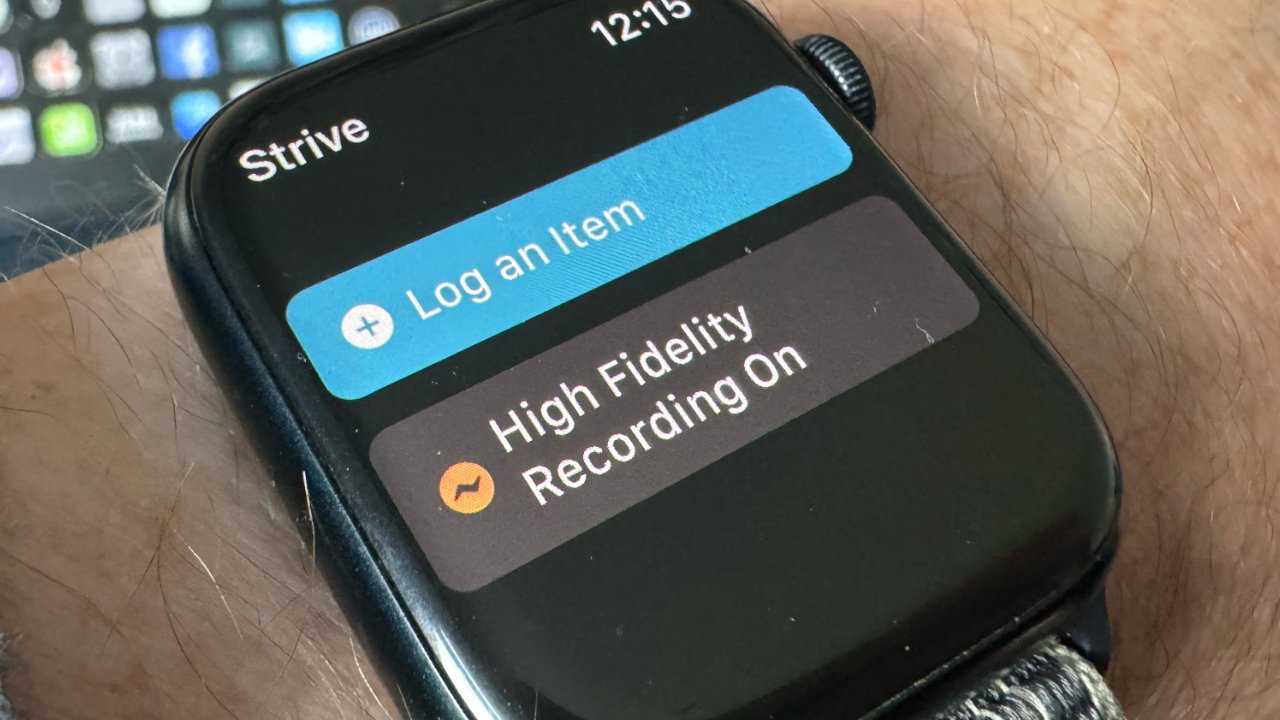Research into predicting and monitoring Parkinson’s disease using the Apple Watch is now sufficiently advanced that the FDA has been clearing apps for doctors and patients.
The ability of the Apple Watch to take periodic health measurements has transformed medical research in many fields. Back in 2015, Apple’s Jeff Williams announced the then-new ResearchKit tool, specifically for helping track data — including for researchers working on Parkinson’s.
Now according to medical journal Stat, there is “unmistakable progress in the odyssey that brought the [Parkinson’s] tracking technology to people’s wrists.”
Stat interviewed neurologists, app developers, patients, and also both current and former Apple staff. There remains no cure for Parkinson’s disease as yet, but active, continuous monitoring has become available.
“Physicians are missing the tools that they need to quantify these symptoms throughout the patient’s day,” Deidre Caldbeck, a senior director of Apple Watch and Health product marketing, told Stat.
“I still don’t think we’ve even scratched a fraction of what the potential could be,” Ray Dorsey, a neurologist and researcher at the University of Rochester, said to the publication. “I think we’re going to rapidly get to a point where these tools are going to identify people who are at high risk for developing Parkinson’s disease.”
Dorsey worked on the first study of Parkinson’s using Apple devices back in 2015. He says that the technology could now help get people diagnosed sooner.
Since the start of 2023, the US Food and Drug Administration has cleared three separate apps that each track typical symptoms. They each present the data in ways that can inform patients and their doctors.
Specifically, they monitor tremors and dyskinesia, involuntary movements. The former is an effect of Parkinson’s, while the latter is a typical side effect from medication.
Continuous health monitoring on Apple Watch
The developer of one such app, StrivePD, told Stat that this tracking can help with the “frustrating, mundane, tedious decisions that a patient has to make all the time.”
Having a continuous record of health monitoring with the Apple Watch obviously means that doctors can get a better overall picture than they can from occasional examinations. However, in the case of Parkinson’s, Stat says that it’s more useful having such monitoring because such examinations can be counter-productive.
“I always tell my residents the hospital is the perfect place to get the wrong impression about Parkinson’s tremor,” Bastiaan R. Bloem, a neurologist and professor at Radboud University Medical Center in the Netherlands, told the publication.
This is because it’s been observed that people’s symptoms may not be typical when they are in a clinical setting. Consequently, monitoring over time is going to be more accurate — and also make the process easier for both patient and doctor.
“Hopefully that can help the medical community understand if the treatments are working, maybe they can adjust them, they can look at symptom tracking and management,” Apple’s Caldbeck said. “It’s just one less thing for the patient to have to deal with and to worry about because the physician can hopefully just monitor it remotely.”
ResearchKit is an Apple tool made to help developers get consistent, reliable health data from Apple Watch wearers. Owners of Apple Watch have to elect to join any particular study, and can do so via the company’s Apple Research app.
Separately, Apple has at times offered a grant to buy Apple Watches to qualifying ResearchKit projects.
This story originally appeared on Appleinsider

